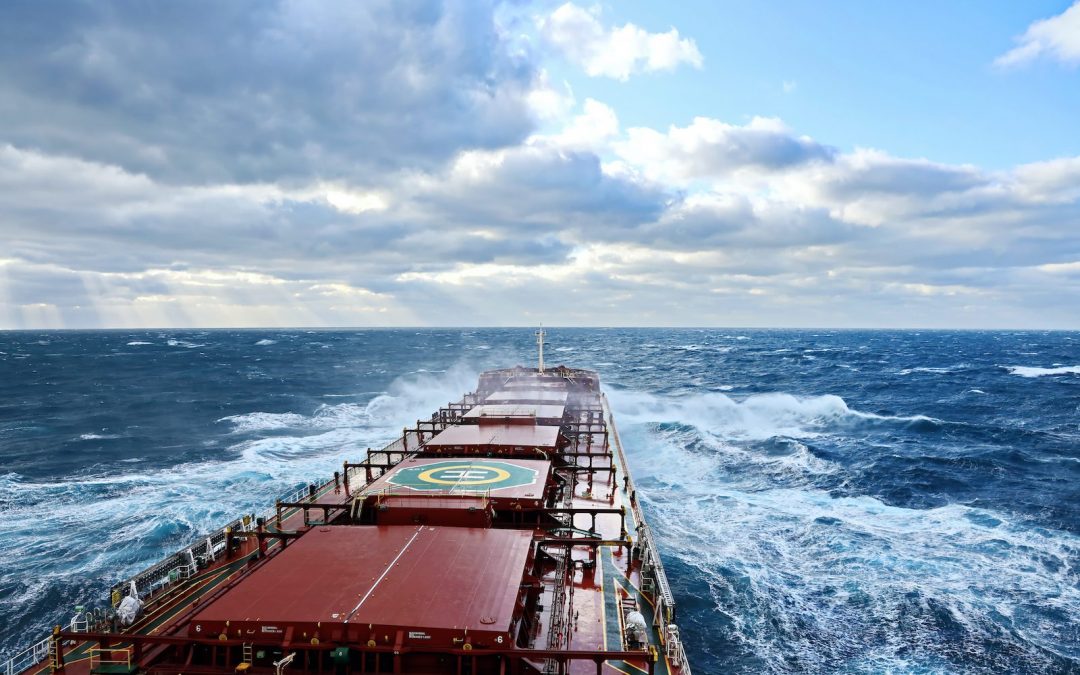Exports of Russia’s flagship Urals crude blend from Baltic Sea ports may fall by up to a fifth in December, after a Western price cap and an EU embargo on Russian oil took effect, according to traders and Reuters calculations.
Traders said Russia has been unable to fully redirect Urals exports from Europe to other markets, notably India and China, and it had struggled to find enough suitable vessels.
According to traders’ data and calculations made by Reuters, Urals exports from the Baltic Sea ports will probably fall to around 5 million tonnes this month from 6 million tonnes in November. Some estimates are as low as 4.7 million tonnes.
The European Union, G7 nations and Australia introduced a $60 per barrel price cap on Russian oil, effective from Dec. 5, on top of the European Union’s embargo on imports of Russian crude by sea and similar pledges by the United States, Canada, Japan and Britain.
The cap allows non-EU countries to import seaborne Russian crude oil, but prohibits shipping, insurance and re-insurance companies from handling cargoes of Russian crude around the globe, unless it is sold for under $60.
In December, Urals crude has been sold at deeper discounts, and dominant buyer India has bought barrels at well below the $60 price cap.
The impact of the sanctions on Urals loadings from Russia’s Baltic ports has been aggravated by a shortage of non-western tonnage, a weak export economy and moderate demand for the grade in Asia, especially in China.
Pipeline monopoly Transneft failed to fill some of the available loading slots because of a lack of bids from producers, traders said. Some other slots were postponed or cancelled.
PRICE CAP STRIKES BACK
When U.S. officials first discussed the idea of capping Russian oil export prices, the aim was to squeeze Russia’s oil revenues, which have so far remained high.
Achieving that is complex as the retreat of buyers lowered the price of Russian crude, but added to price volatility on international markets because of possible supply disruption.
Russia has said it will not abide by the cap even if it has to cut production.
As Russia minimised the use of services provided by Western shipping and insurance companies, oil exports outside Western countries continued after Dec. 5 with no respect to the price cap.
But the the number of countries willing to buy Urals in December fell to four – Bulgaria, China, India and Turkey – and in some cases, Urals has been sold to export markets at below overall production cost including local levies, industry sources said in December.
Global oil prices are around $40 a barrel below this year’s peak, and Russia’s market participants are increasingly talking about a need for significant production cuts to support prices and boost the efficiency of the oil industry.
Source: Hellenic Shipping News






